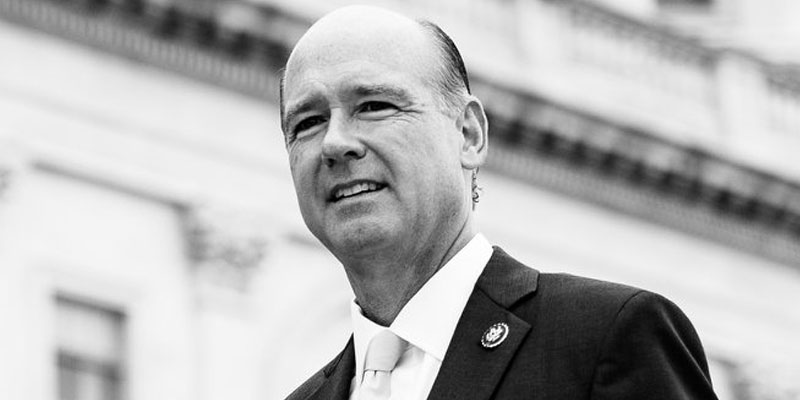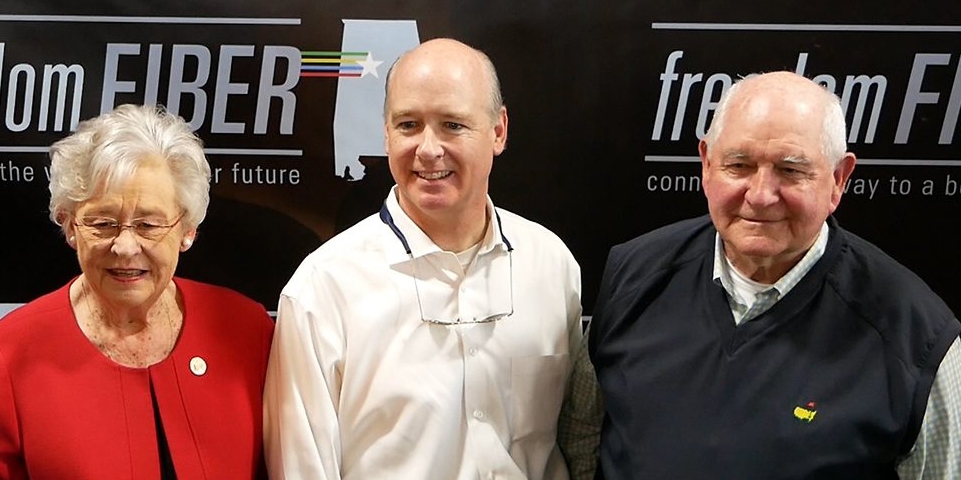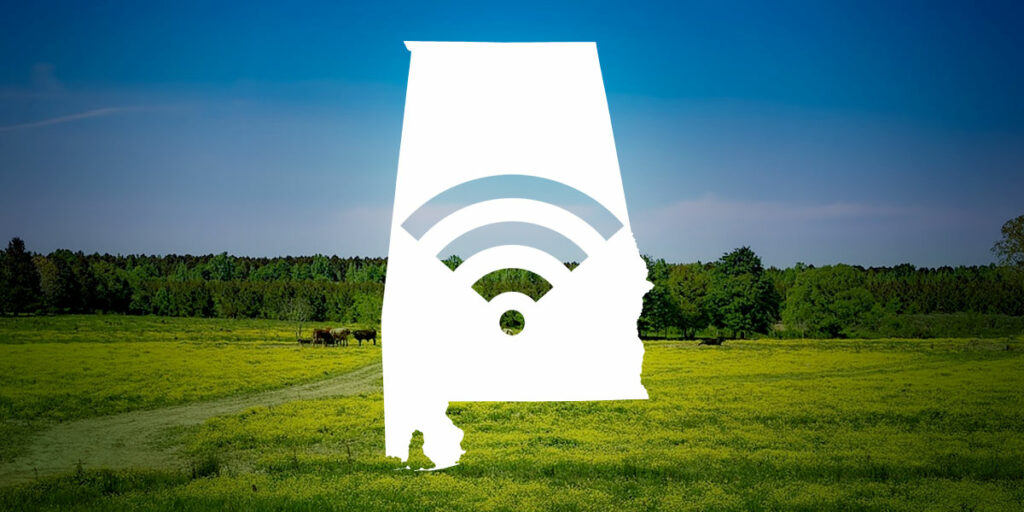The markup process for the 2022 federal budget is well underway, and as a member of the House Appropriations Committee, I have been heavily involved in this process.
A few weeks ago, I wrote about my position on the Defense Appropriations Subcommittee and my top priorities serving in that role. I had mentioned that I also serve on two other subcommittees, and I want to discuss one of those in more depth today.
The focus will be the Subcommittee on Agriculture, Rural Development, Food and Drug Administration, and Related Agencies. I know that is a mouthful, but it is a very important part of Congress that deals with many issues within our district and for the most part deals with overall agricultural issues.
One of the biggest issues is rural America’s access to broadband. This has been a top focus of mine in Congress for many years, and I understand firsthand the reality of inadequate broadband access.
For all of us living in rural America, we know there is a massive digital divide. As I have said before, the truth of the matter is that two Americas exist, the America with access to high speed, reliable broadband, and the America without access. Remedying this is crucial in the world we live in today, and the coronavirus pandemic put a spotlight on this dire need.
A part of the effort to close this gap is the ReConnect Program that I started in 2018 when I chaired the agriculture subcommittee. It has directed over a billion dollars to rural areas that are in critical need of broadband. Local groups like Tombigbee Electric Cooperative have benefited from the ReConnect Program and in turn have connected thousands of households to reliable broadband. This year, the ReConnect program was appropriated $800 million for FY2022, which will go a long way to connecting more homes in our unserved communities.
Like broadband internet, clean drinking water is crucial to maintaining a vibrant community. Our rural communities face unique challenges when it comes to treating both drinking water and wastewater. Rural Development at USDA, which receives funding through this subcommittee, assists rural communities in training technicians, maintaining treatment plants, and developing new methods of delivering clean drinking water through grants and loan programs. This is the only federal program exclusively focused on assisting rural communities of 10,000 or less provide safe drinking water and to treat that water when it comes back on the other side.
Further, this subcommittee correctly places significant focus on federal programs impacting the Agriculture industry. No one can argue that North Alabama doesn’t have a robust Agriculture community that has weathered the challenges of COVID-19 and the volatility that has disrupted commodity prices and supply chains across the country. Specifically, through my role on the subcommittee I have been able to raise important questions about the challenges faced by the timber, poultry, and cattle markets with the U.S. Department of Agriculture during our FY22 hearings. Agriculture and forestry are two of the top industries in the state and with important questions being raised surrounding volatile commodity markets, farm income and pending USDA regulatory actions, I am proud to ensure Alabama’s agricultural interests have a seat at the table.
I know many of the people involved in agriculture in Alabama, and fighting to ensure that they can work in an environment in which they not only succeed, but thrive, is an important priority for us all. Alabama farmers not only feed our state and America, but the entire world. They need to be able to do their jobs, benefiting the most people without overburdensome regulations from Washington.
Many of the issues I have discussed are not partisan in nature, and I have always been willing to work with my colleagues across the aisle to solve the challenges facing our country. But I also won’t stand back and watch as this new administration tries to put new government restrictions in place in the name of progress. During the Obama administration, I successfully fought back against Michelle Obama’s school lunch program. The program was intended to give students healthier choices in the lunchroom, but students ended up just throwing much of it away. It also needlessly put many undue burdens on school system feeding programs. I mention this to just say that we have to remain vigilant against this type of overreach in this new administration.
As the 2022 federal budget makes its way through Congress, know that I will continue working to ensure these top priorities are put in place. And in the coming weeks, I am going to discuss the remaining priorities I have as a member of the Subcommittee on Commerce, Justice, and Science. It is an honor to serve on this subcommittee to help farmers and protect our food supply.
U.S. Rep. Robert Aderholt (AL-04) is a Republican from Haleyville.













